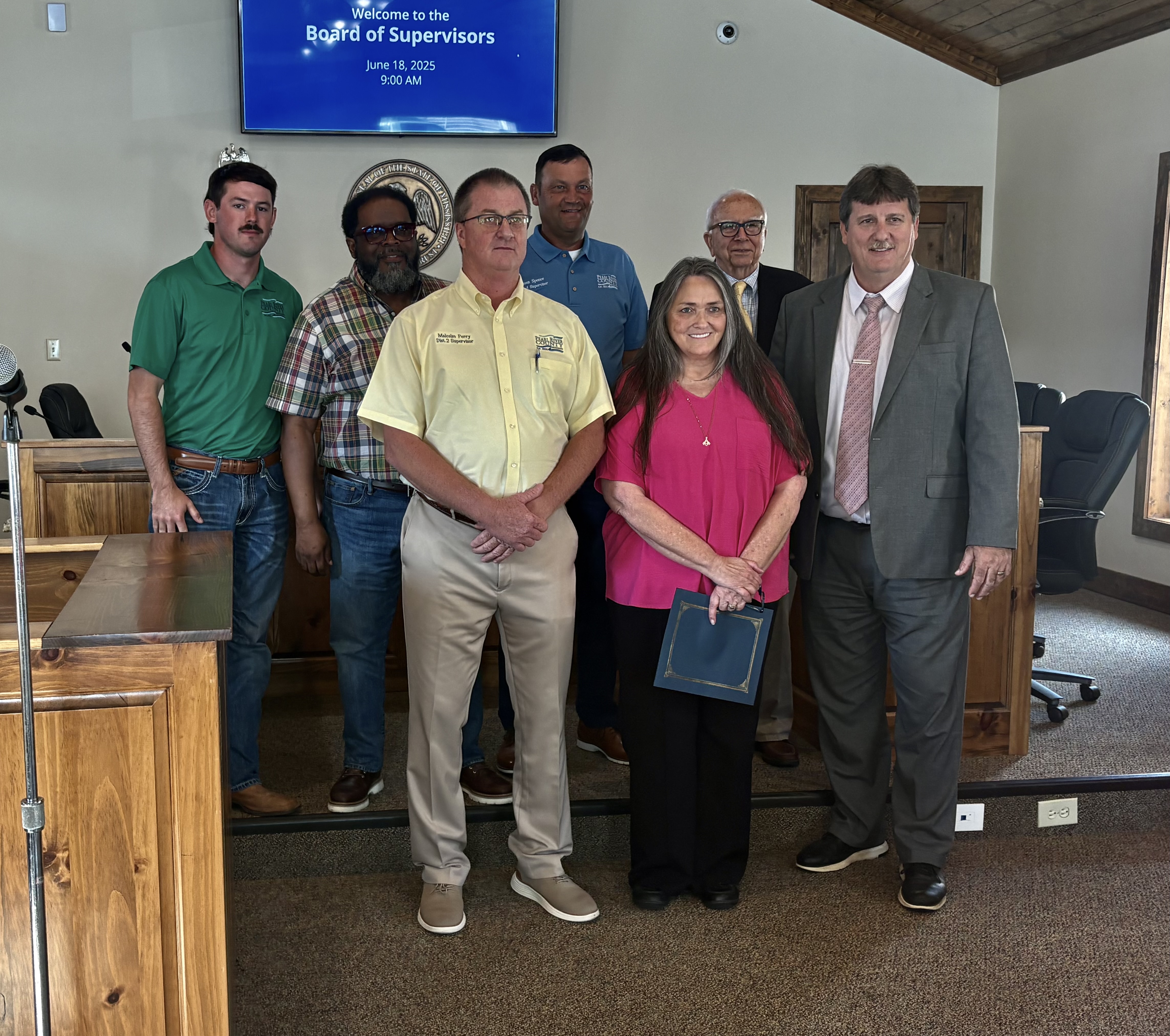Appeals Court rules Jones Co. man can’t get mineral rights back
Published 5:32 pm Friday, November 23, 2007
A Jones County man who tried to hide his mineral interest in some land from Medicaid officials has no legal right to reclaim them later, the state Court of Appeals has ruled.
Rickey W. Ellzey sued in chancery court for the return of mineral interests which he had transferred to Sherry L. James in an effort to conceal his assets from Medicaid.
A chancery judge ruled in 2006 that James was the sole owner of the mineral interests.
According to the court record, Ellzey inherited property in Jones County when his father died. In 1994, Ellzey had a heart transplant procedure that required treatment and medication.
Due to his sporadic work history, Ellzey did not qualify for Social Security disability benefits. However, he did qualify for Medicaid assistance.
While receiving assistance from Medicaid, Ellzey learned that an oil well on his inherited property had begun producing and that he would soon receive royalty checks.
Court documents show Ellzey feared the royalty checks might affect his Medicaid eligibility. In 1999, Ellzey transferred the mineral interests to James. Mineral interest refers to the right to search for, develop and remove minerals — in this case, oil — from the land.
At trial, Ellzey testified that he had expected his medical condition to improve in 14 months, at which time he intended to have James return the mineral interests to him. When the 14 months were up, James refused to give the mineral interest back to Ellzey.
The couple split, and Ellzey sued.
At trial, Ellzey and James both testified that the purpose of the transfer was to conceal Ellzey’s royalty income from Medicaid.
While Ellzey claimed there was a document showing James returned the land to him, the chancellor ruled it was never recorded or notarized and a photocopy produced by Ellzey was invalid proof.
The chancellor also ruled that Ellzey had sought to defraud the Medicaid program and would not be rewarded for doing so.
On appeal, Ellzey argued the copy of the reconveyance deed showed James’ signature and that James admitted it was her signature at the hearing. He said it was witnessed and notarized even though the copy didn’t show it.
Appeals Judge David Anthony Chandler, writing this week for the court, said the chancellor found the copy of the reconveyance deed did not accurately represent the original because it was a partial copy.
Chandler said Ellzey was asking the court’s help in returning property which he had transferred to James with the purpose of defrauding the Medicaid program.
“The chancellor refused to aid Ellzey in this manner because Ellzey sought assistance from the court to cure a problem which Ellzey had himself created with his scheme,” Chandler said.





